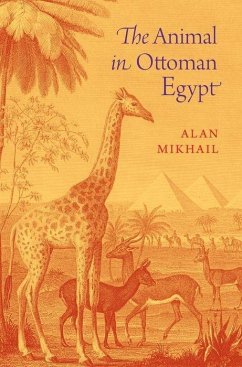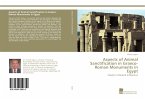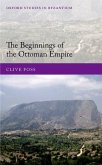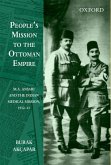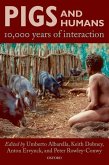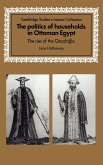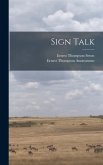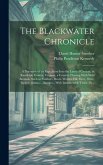Since humans first emerged as a distinct species, they have been locked into relationships with other animals. Humans ate, fought, prayed, and moved with animals. In this original and conceptually rich book, historian Alan Mikhail puts the history of human-animal relations at the center of the transformations of the Ottoman Empire from the sixteenth to the nineteenth centuries. He uses the history of the empire's most important province, Egypt, to explain how human interactions with livestock, dogs, and charismatic megafauna changed more in a few centuries than they had for millennia. The human world became one in which animals' social and economic functions were diminished. Without animals, humans had to remake the societies they had built around the intimate and cooperative interactions between species. The political and even evolutionary consequences of this separation of people and animals were wrenching and often violent. In tracing these interspecies histories, this book offers a bold program for Ottoman historians-highlighting a new capacious periodization of the empire's history, integrating environmental history and other methodologies, and opening up archives in close to a dozen countries. The wide-ranging and creative analyses on offer also push far beyond Ottoman history to engage issues in animal studies, economic history, early modern history, and environmental history. Carefully crafted and compellingly argued, The Animal in Ottoman Egypt tells the story of the high price humans and animals paid as they entered the modern world.
Animals in rural Egypt became enmeshed in social relationships and made possible many tasks otherwise impossible. Rather than focus on what animals represented or symbolized, Mikhail discusses their social and economic functions, as Ottoman Egypt cannot be understood without acknowledging animals as central shapers of the early modern world.
Hinweis: Dieser Artikel kann nur an eine deutsche Lieferadresse ausgeliefert werden.
Animals in rural Egypt became enmeshed in social relationships and made possible many tasks otherwise impossible. Rather than focus on what animals represented or symbolized, Mikhail discusses their social and economic functions, as Ottoman Egypt cannot be understood without acknowledging animals as central shapers of the early modern world.
Hinweis: Dieser Artikel kann nur an eine deutsche Lieferadresse ausgeliefert werden.

